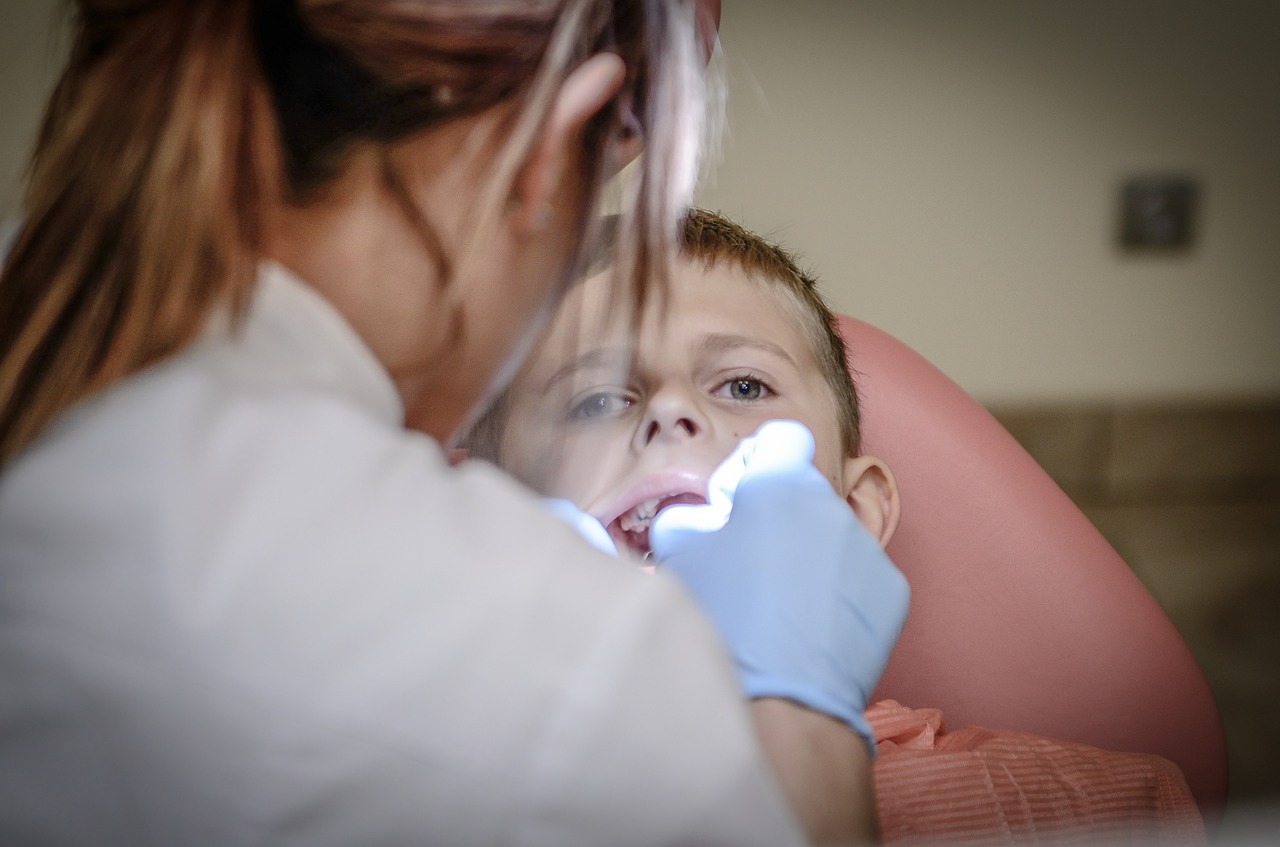Existing funding arrangements for dental care are not providing sufficient value for consumers nor meeting their needs, dentists say
Australia’s dentists are lobbying for a switch to tax breaks to pay for dental and other allied healthcare, saying their plan will save money and help lower-income earners get care when they need it.
The proposal for government-assisted “health savings accounts” is a “turning point” in the debate over the benefits of profit-driven private health insurance, the Australian Dentists Association says.
“Existing funding arrangements for dental care … are not providing sufficient value for consumers nor meeting the needs of many Australians,” the association says.
The scheme would let people on low incomes transfer tax-free income of up to up to $3000 a year into a health account. For other patients, progressive tax concessions would be made available according to income.
This would serve as a cheaper alternative to “extras” cover by private health insurers and help patients afford dental, physio, optical and other services as needed, using practitioners of their choice.
The report, prepared by the Sydney-based Centre for International Economics, calls on both sides of politics to support a re-examination of healthcare delivery in Australia.
The Consumers Health Forum said the report’s findings showed there was significant scope for improving the poor deal consumers currently got on dental cover.
“This is an important report, bringing fresh scrutiny to what is becoming an increasingly fraught issues for consumers,” the forum’s CEO Leanne Wells said.
The dentists’ pitch for major change “is understandable given the way current health insurance policies are failing consumers and troubling many consumers”, she said.
Under the proposal, coverage for hospital care would stay in the hands of private health insurers.
But the scheme would take the sting out of paying for “extras” cover, which association argues is not “real insurance” but provides “a subsidy at best, in most instances, with restrictions and caps limiting both its effectiveness and fairness”.
Consumers not eligible for tax offsets under the scheme would be offered progressive tax concessions on health savings of up to $3000 per year depending on salary.
The report estimates that the proposed scheme covering allied health needs could generate savings of $1225 per person, at an average cost to government in tax offsets and concessions of just $186 per person.
According to the centre’s modelling, the cost of incentives to the government is estimated to be $157 million in the first year, rising to $559 million once 10% of the population chose to save into the scheme.
People without private health cover avoid, or delay, dental visits due to cost at more than twice as the rate of others, and they are more likely to experience pain, discomfort or be unhappy with their dental appearance, the report says.


